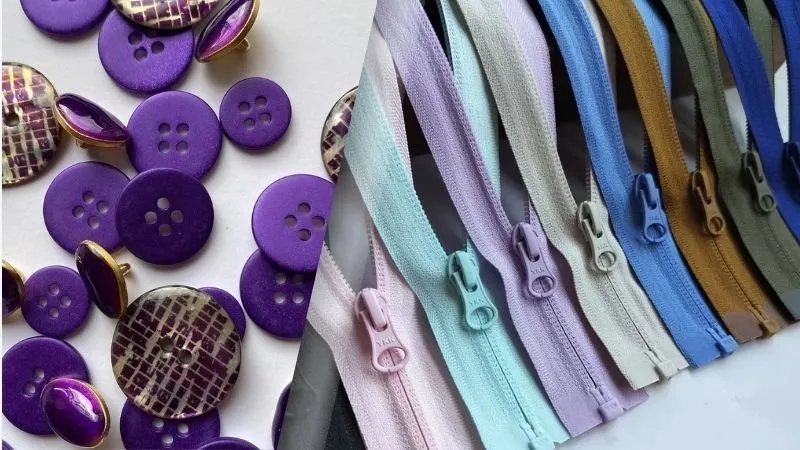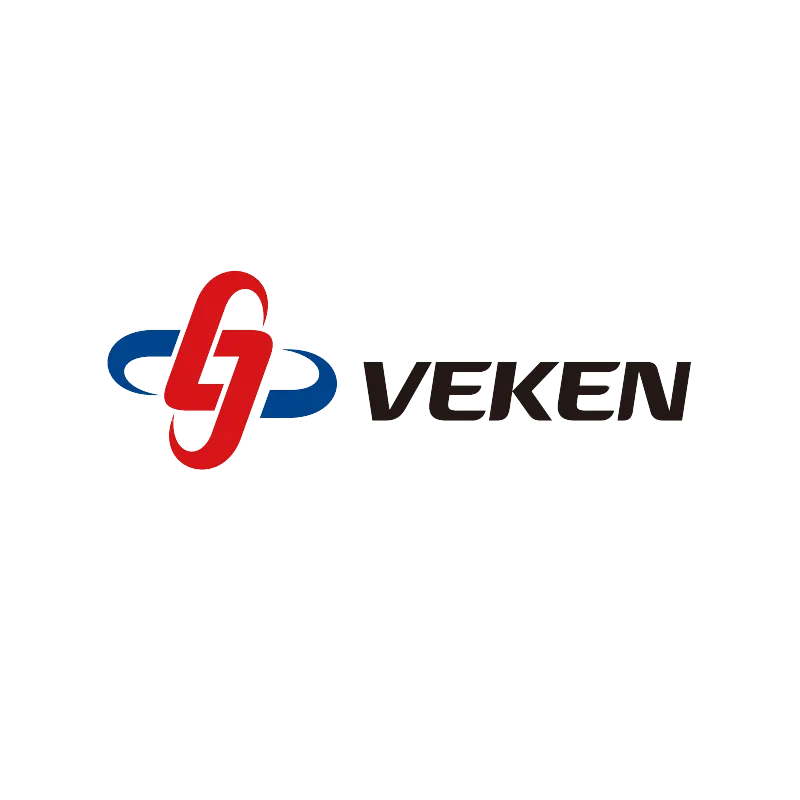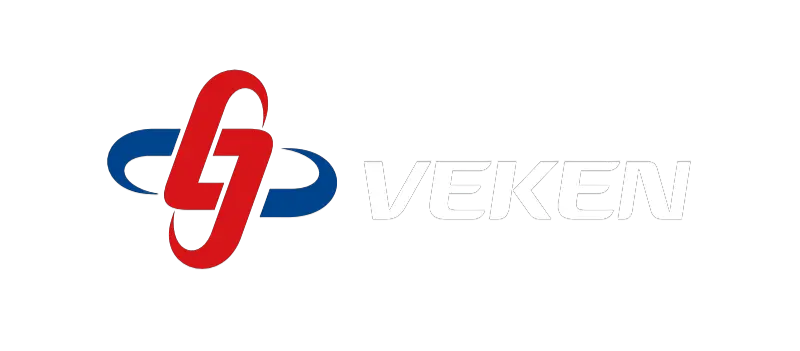How Do OEM Clothing Accessories Manufacturers Support Custom Design Needs?

Table of Contents
In today’s fast-moving fashion and apparel industry, brands are constantly seeking ways to differentiate their products through customized accessories — from branded labels and zippers to buttons, trims, and packaging details. Behind these unique designs are the OEM (Original Equipment Manufacturer) clothing accessories suppliers, who play a critical role in turning creative ideas into reliable, production-ready solutions.
Working with the right OEM partner allows fashion brands, garment factories, and wholesalers to achieve both design flexibility and manufacturing efficiency. But how exactly do OEM clothing accessories manufacturers support custom design needs? Let’s take a closer look.
1. Understanding OEM Support in the Apparel Industry
OEM clothing accessories manufacturers specialize in producing customized components based on clients’ specifications. Unlike ODM (Original Design Manufacturer) suppliers, who provide ready-made designs, OEM manufacturers focus on bringing your brand’s unique concepts to life — whether it’s a new metal logo, eco-friendly fabric label, or packaging solution that enhances your brand identity.
These manufacturers act as strategic partners, offering design translation, sampling, material sourcing, and large-scale production — all while ensuring quality consistency and cost control.
Expertise and experience are key: most established OEMs have decades of export experience, a professional R&D team, and a deep understanding of international quality standards, helping global buyers reduce risks and accelerate time-to-market.
2. Turning Creative Concepts into Technical Drawings
The first step in any custom accessory project is design communication. OEM manufacturers typically have in-house designers or engineers who collaborate closely with clients to translate visual concepts into technical drawings and production files.
This process involves:
Reviewing design sketches, Pantone colors, or 3D renderings.
Recommending materials — such as metal, PU, polyester, or recycled fabrics — based on durability and style.
Advising on production feasibility, mold structure, and finishing options (like electroplating, embroidery, or heat transfer).
Providing 2D or 3D mock-ups for client approval.
A reliable OEM partner ensures that creative ideas are technically achievable and cost-effective for mass production. Their goal is not only to reproduce a design but to make it production-ready without compromising aesthetics or performance.
3. Material Sourcing and Sustainability Options
As global fashion brands move toward sustainable sourcing, OEM accessory manufacturers play an important role in offering eco-friendly material choices. Many leading factories now provide:
Recycled polyester (rPET) for woven labels or hangtags
Biodegradable TPU for patches and trims
Organic cotton for drawstrings or packaging
Low-impact dyeing and non-toxic inks
An experienced OEM supplier can guide clients through various sustainable alternatives that align with both brand image and regional compliance (e.g., REACH, OEKO-TEX, GRS certifications).
This expertise not only supports eco-conscious branding but also strengthens your company’s compliance record — an important factor in today’s B2B partnerships.
4. Sampling and Prototyping: From Vision to Verification
Before mass production, OEM manufacturers typically produce samples or prototypes for client evaluation. This stage allows the brand to verify color accuracy, texture, size, and overall design consistency.
Professional OEMs provide rapid sampling — often within 7–10 days — ensuring efficient communication and faster decision-making.
Sampling benefits include:
Testing the functionality and appearance of the accessory
Adjusting technical details before production
Saving time and reducing costly rework later
Many factories also use digital sampling or 3D visualization tools to shorten development cycles, especially useful for overseas buyers managing multiple product lines simultaneously.
5. Quality Control and Consistency in Mass Production
OEM clothing accessories manufacturers are not just design partners — they are quality guardians. Once the final sample is approved, the production process follows strict quality standards, including:
Incoming raw material inspection
In-process QC checks for color, mold precision, and finishing
Final product inspection with AQL or 100% testing (depending on requirements)
Manufacturers with ISO 9001, BSCI, or Sedex certifications demonstrate strong commitment to consistent quality and social responsibility — crucial for international clients sourcing from Asia or other production hubs.
By combining automated machinery with skilled craftsmanship, top OEM factories can maintain tight tolerances and stable supply capacity, even under short delivery deadlines.
6. Flexible Customization Services
OEM manufacturers provide a wide range of customization options, including:
Logos & branding: laser engraving, embossing, printing, or embroidery
Shapes & sizes: custom molds or die-cuts based on brand design
Color & finishes: matte, glossy, metallic, antique, or custom Pantone
Packaging solutions: customized boxes, hangtags, and inserts
Such flexibility allows clothing brands to create a cohesive visual identity across all accessories — enhancing shelf appeal and consumer recognition.
7. Technical Support and Long-Term Partnership
A good OEM manufacturer doesn’t just complete a single order; they build long-term partnerships. Many offer ongoing technical support, including:
Continuous product improvement suggestions
Cost optimization for repeat orders
Quick re-sampling for seasonal updates
Stable supply during peak demand periods
By maintaining strong communication and transparent processes, OEM partners help clients scale smoothly from design concept to mass distribution.
8. Choosing the Right OEM Accessories Manufacturer
Selecting the right OEM partner is a strategic decision. When evaluating potential suppliers, consider:
Experience: At least 10–20 years of manufacturing and export experience
Capabilities: In-house mold design, sampling, QC, and logistics support
Certifications: ISO, OEKO-TEX, or sustainability credentials
Communication: Fast response and ability to provide design input
Lead time & capacity: Proven record of on-time delivery
A trustworthy manufacturer should act as an extension of your design team, offering proactive guidance and flexible solutions that align with your brand’s goals.
9. The Value OEM Manufacturers Bring to Global Brands
In the global fashion supply chain, OEM clothing accessories manufacturers are more than just factories — they are innovation enablers. Their ability to combine design support, material expertise, and efficient production allows brands to:
Launch new collections faster
Maintain consistent brand identity
Control costs and quality
Stay competitive in international markets
By partnering with a reliable OEM supplier, fashion companies can focus on creativity and marketing — knowing that their accessory production is handled by professionals.
Quick Link
Contact
Phone
0086-574-87208762
info@vekenindustry.com
Address
Floor 18, Yuehu Jinhui Tower, 225 Liuting Street Haishu District,Ningbo,China 315010
Copyright CleanMonk © 2025 All Rights Reserved



